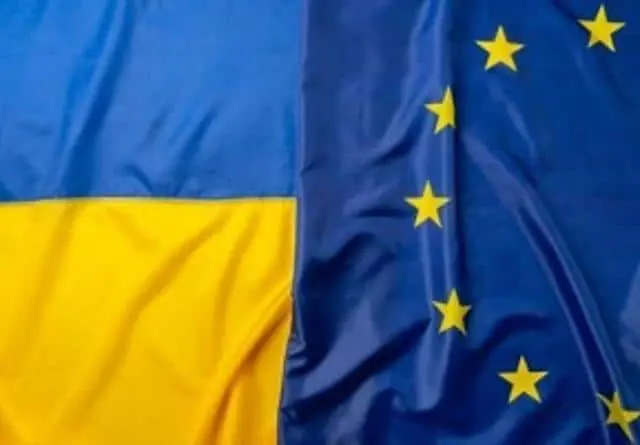European Commission Speech Brussels, 15 Mar 2022 Remarks by Commissioner Kyriakides at the Informal Meeting of Health Ministers
Ladies and gentlemen,
First of all, I would like to thank Minister Véran for hosting this extraordinary and very important Health Council today.
The cruel and senseless war in Ukraine has shocked us all. We stand united, more than ever, against the brutalities happening in Ukraine. Unity is our strongest response.
Our thoughts are with the people of Ukraine. They are suffering unthinkable brutality of this senseless and illegal war.
Today we met to take coordinated steps to welcome, protect and support the millions of persons who have been forced to leaves their homes, lives and livelihoods behind. Many of them are vulnerable: women, some of them pregnant, children, older people, people with chronic diseases, disabilities and mental health issues.
I visited the Polish-Ukrainian border one week ago and I was truly moved to see how neighbouring countries are providing all those arriving with the help they urgently need, including healthcare. This is a true example of European solidarity.
We are collectively sending medical equipment, medicines, beds, and much more to Ukraine and neighbouring countries, through the European Union Civil Protection Mechanism and the Emergency Response Coordination Centre.
But much more medical assistance is needed. Because in addition to routine health checks, every person fleeing the war in Ukraine has to receive the healthcare he or she needs, whether it is emergency care or treatment for chronic diseases.
To do so, we have set up an EU solidarity mechanism to facilitate the medical evacuation of people needing specialised hospital treatment and care.
We have so far secured over 10 000 beds in hospitals of other Member States to transfer patients in need of care. These include beds for paediatric patients, for neonates and their mothers, for cancer patients, those with burns, and for those requiring treatment in ICUs.
The first paediatric patients were transferred this week from Poland to Italy where they will receive the specialist care they need. We are expecting more transfers to follow.
We are also joining forces with civil society, health professionals’ associations and industry are to offer medical care and mental health support to Ukraine, and I am extremely thankful for that.
It is really crucial that we ensure that national health systems, especially in the countries neighbouring Ukraine facing the unprecedented arrival of people in need, are not overwhelmed now, after two years of struggling to keep the COVID pandemic under control.
Besides those who need hospital treatment, children will need to continue receiving their regular vaccinations. Through HERA, we are working to procure vaccines for tuberculosis, polio or other infectious diseases.
There are also women who need pregnancy care, persons with chronic diseases, and the elderly who need constant care.
And crucially, there will be thousands of people, in particular young persons and children, that need mental health and psychosocial support to cope with trauma.
Thanks to the activation of the EU Temporary Protection Directive, Ukrainian citizens and other residents will get access to health and other services.
I will continue to work closely with the French Presidency with Health Ministers and our experts will continue to meet regularly to ensure close cooperation at EU level, between health and civil protection authorities, and with the World Health Organization.
We have never needed EU solidarity more than now, and neither have we seen as much solidarity as in the past weeks.
We need to be prepared: this solidarity needs to extend in time. This is unlikely to be a short-term crisis.
In the area of health, the pandemic already united us and made us stronger.
This strength will carry us forward, to support those in need and work together to face this very difficult situation.
Again, I would like to thank Minister Véran and the French Presidency for organising this meeting today.
Thank you.







